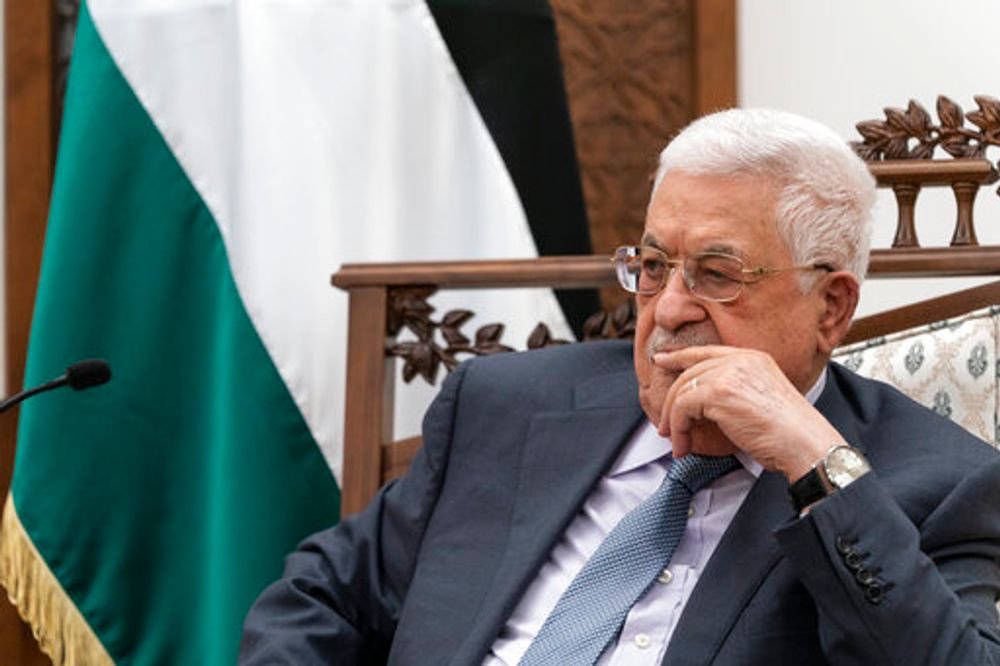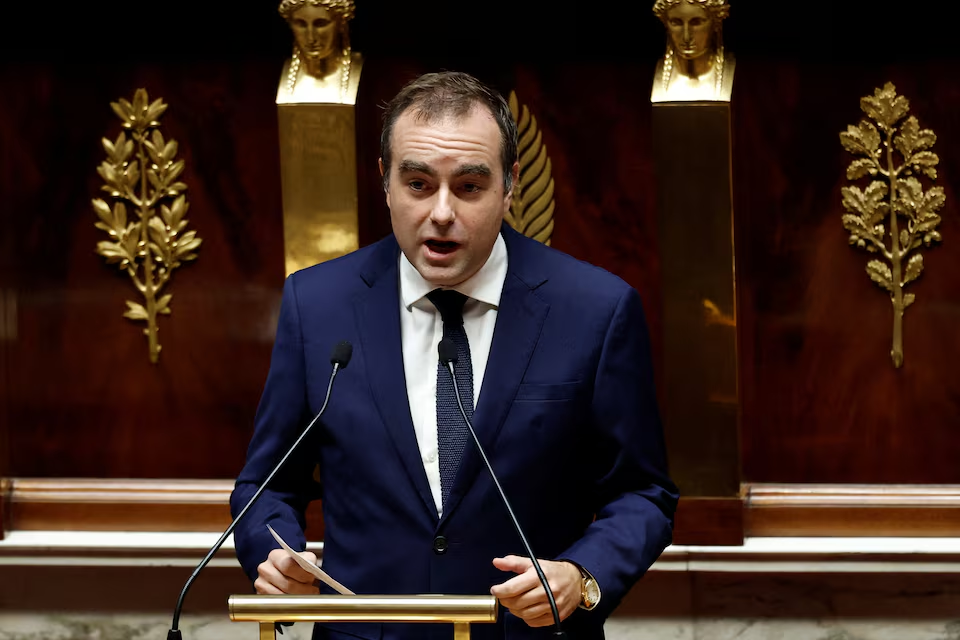Concerns Over Palestinian President Mahmoud Abbas’s Leadership – Proposal for Vice President Role to Prepare Alternative Leadership
Concerns are mounting over the future leadership of Palestine as President Mahmoud Abbas, now 89, continues to lead without a clear successor. Arab nations and the Palestine Liberation Organization (PLO) are under increasing pressure to prevent Israel from exploiting a potential power vacuum in the event of Abbas’s departure to further weaken the Palestinian Authority (PA).
In this context, on April 24, the PLO announced a significant step—creating the position of Vice President within the organization. However, it is still unclear who will be appointed to this new role. The primary goal is to avoid a leadership vacuum or internal conflict upon Abbas’s exit, which could be leveraged by Israel for its own benefit.
Caution Over the New Position
Former PLO legal adviser Diana Buttu has warned against the creation of the vice presidency. She stated, “This position may only increase division. The resulting power vacuum could be filled by foreign actors, especially the U.S. and Israel.”
Legitimacy Crisis and Lack of Popular Support
Abbas assumed leadership of the PLO and PA in 2004 following the death of Yasser Arafat. However, since the dissolution of the Palestinian Legislative Council in 2007, he has not been re-elected by the public and has continued to hold power unilaterally.
Khaled Elgindy, a researcher at Georgetown University, remarked, “Abbas has deliberately avoided choosing a successor, fearing it might create a rival.”
International and Internal Pressure
Arab countries, particularly Egypt, have been pressuring Abbas to name a successor. Egypt has proposed a plan for Gaza’s reconstruction and is determined to avoid any situation that might lead to the displacement of Palestinians from Gaza.
Hussein al-Sheikh: A Potential Successor?
One of the most discussed names is Hussein al-Sheikh, a close associate of Abbas and Secretary General of the PLO Executive Committee. However, his long-standing cooperation with Israel, particularly through his leadership of the Civil Affairs Authority, has raised concerns.
Palestinian rights advocates have labeled him “the occupation’s liaison man.”
Gaza Crisis and Lack of National Unity
Abbas has recently publicly criticized Hamas, blaming them for the crisis in Gaza. However, analysts argue that he has also failed to foster national unity—something Israel uses as justification for its actions.
Taha Mustafa, a political analyst at the International Crisis Group, stated:
“Arab states believe Abbas is the main obstacle to achieving national unity. That’s why they are seeking new leadership.”
Is an Election the Real Solution?
Diana Buttu believes that instead of creating new positions, the focus should be on holding elections.
“What Abbas is doing is just a temporary fix to appease Arab nations. It’s not a real solution,” she said.
She further added that despite the ongoing war and Israeli control in Gaza and the West Bank, elections could still be held using online or alternative methods.
Several internal factions, including members of Abbas’s own Fatah party, are also advocating for elections rather than the appointment of a Vice President.










